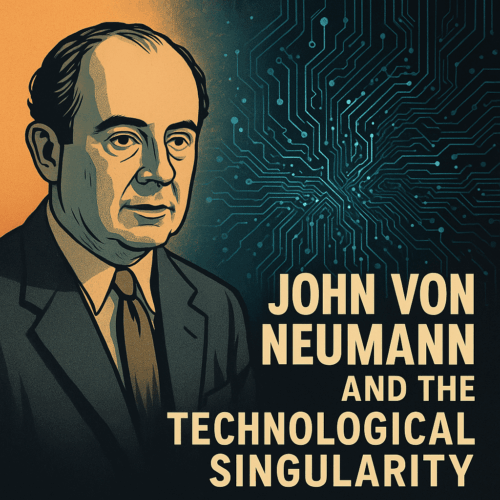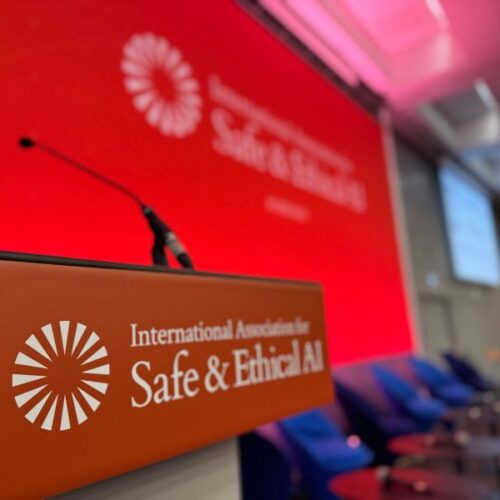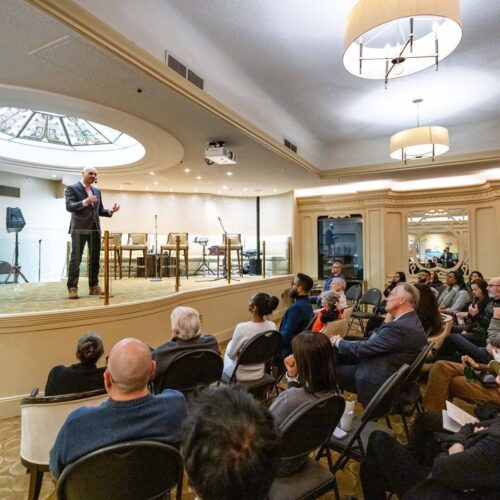The 5 Ps that Will Drive Transhumanism: A Conversation with Dr. Nayef Al-Rodhan
Daniel Faggella / Op Ed
Posted on: September 8, 2015 / Last Modified: September 8, 2015
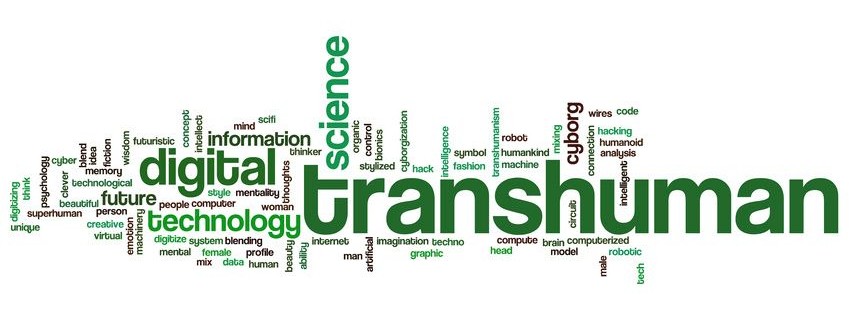 “Most thinkers…have started out with a very specific view of human nature,” reflects Dr. Nayef Al-Rodhan, Center Director of Geopolitics and Global Futures at the Geneva Center for Security Policy. “My view of human nature is actually the foundation of my outlook – to me, man is an emotional, amoral, egoist…it turns out that our moral compass is governed primarily by our perceived emotional self interest, and the perception bit is just as important as reality.”
“Most thinkers…have started out with a very specific view of human nature,” reflects Dr. Nayef Al-Rodhan, Center Director of Geopolitics and Global Futures at the Geneva Center for Security Policy. “My view of human nature is actually the foundation of my outlook – to me, man is an emotional, amoral, egoist…it turns out that our moral compass is governed primarily by our perceived emotional self interest, and the perception bit is just as important as reality.”
Our moral compass is malleable, according to the context of our situation and emotions. The only thing not malleable, says Nayef, is our “Predisposed Tabula Rasa” (PTR). Al-Rodhan believes that humans are not born innately clean and clear of influences. “I challenged that a few years ago and I called it PTR…we have an inbuilt biological microchip that is pro-survival, so when survival is at stake, all bets are off…the most moral creature will not behave as we predict.”
This leads into the “5 Ps”, desires and needs that Al-Rodhan believes motivate you, me, and all other human beings, i.e. ”Power, Pride, Profit, Pleasure and Permanence (longevity).” “It’s ironic that our very human nature…is what will drive us to change our human nature,” remarks Al-Rodhan. Since we are driven by these needs and desires, it is a legitimate challenge for humans to withstand wanting more of the 5 Ps.
Within the concept of Transhumanism, this inevitable innovation in human nature can be defined as the “enhancement of physiological function beyond normal physiology”, these motivators are a philosophical must. Transhumanists aim to pursue these enhancements, not just for the sake of repairing what has been lost or broken, but also in going beyond what is physiologically designed by nature – the unmatched innovator.
Nayef reminds us that “physical enhancement has been with us for a long time,” citing a range of examples of corrective technology, from reading glasses, to makeup, to replacement knees and hips. These types of enhancements don’t seem to worry most human beings from an ethical standpoint. The intuitive concerns kick in when the topic veers toward the arena of cognitive enhancements. “What defines us…is our brain – if we mess with that, which we will, we will change what it means to be human,” says Al-Rodhan. In meddling with our inner gears, we raise all kinds of untouched ethical and equality issues, as well as geopolitical, moral, and existential ramifications.
Where and how are the 5 Ps tugging us in our adoption of new technologies today? This is a question that can be taken in a myriad of directions. Nayef mentions synthetic biology, a field focused on developing abilities to synthesize bits of DNA and protein that do not exist in nature. This is different from the increasingly publicized field of biotechnology, in which scientists play with existing entities. Al-Rodhan notes that synthetic biology is taking off in a major way. “It is really the marriage between synthetic biology, artificial intelligence, nonmaterial and material sciences, that’s enabling us to do some very fancy things, and very troubling things.”
In Europe, the approval of a three-parent embryo, for example, prods us to ask from an ethical point of view, “When and where do we erect boundaries?” Nayef emphasizes that these are precautionary lines of thought, and that these considerations are not about stifling innovation, which he deems central to our species’ future; however, we will undoubtedly encounter risks, and the global conversations that we have should be focused on how to mitigate and encourage emerging technologies.
This unprecedented and monumental field of thought will require cooperation at the individual, corporate, state, and transnational levels. “Corporate entities are the last people we would expect that would want to be regulated…I’m sure there are lots of responsible people, but it’s not their motivation, it’s not what they’re trained to do,” says Al-Rodhan. Solving tough problems requires taking into account all parties’ contextual objectives and concerns.
As far as the five Ps are concerned, in Nayef’s mind, all are active in different shades in all enterprises and all are rooted in human emotions. “Emotions as a separate entity from rational beings is a misnomer,” remarks Al-Rodhan. “Research actually shows that they are part of our rational thinking.” We are a complex entity, and the view that emotions are ‘extra baggage’ and are primordially residual is not true. “It turns out that our most rational decisions have to have some positive emotional aspect.”
Using some of the 5 Ps as a frame, Nayef reflects on the three-parent embryo innovation: pride is related to the desire to develop a fully-functional human being, pleasure is linked to wanting to help avoid faulty DNA, and permanency is linked to a sense of longevity through generations. Each of these factors drives our innovative ambitions, and as we strive to fulfill our global and systemic responsibility in producing the best outcomes for the future of the human species, none of these perceptions should be left out of the rational decision-making process.
About the Author:
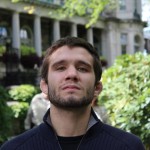 Dan Faggella is a graduate of UPENN’s Master of Applied Positive Psychology program, as well as a national martial arts champion. His work focuses heavily on emerging technology and startup businesses (TechEmergence.com), and the pressing issues and opportunities with augmenting consciousness. His articles and interviews with philosophers / experts can be found at SentientPotential.com
Dan Faggella is a graduate of UPENN’s Master of Applied Positive Psychology program, as well as a national martial arts champion. His work focuses heavily on emerging technology and startup businesses (TechEmergence.com), and the pressing issues and opportunities with augmenting consciousness. His articles and interviews with philosophers / experts can be found at SentientPotential.com

